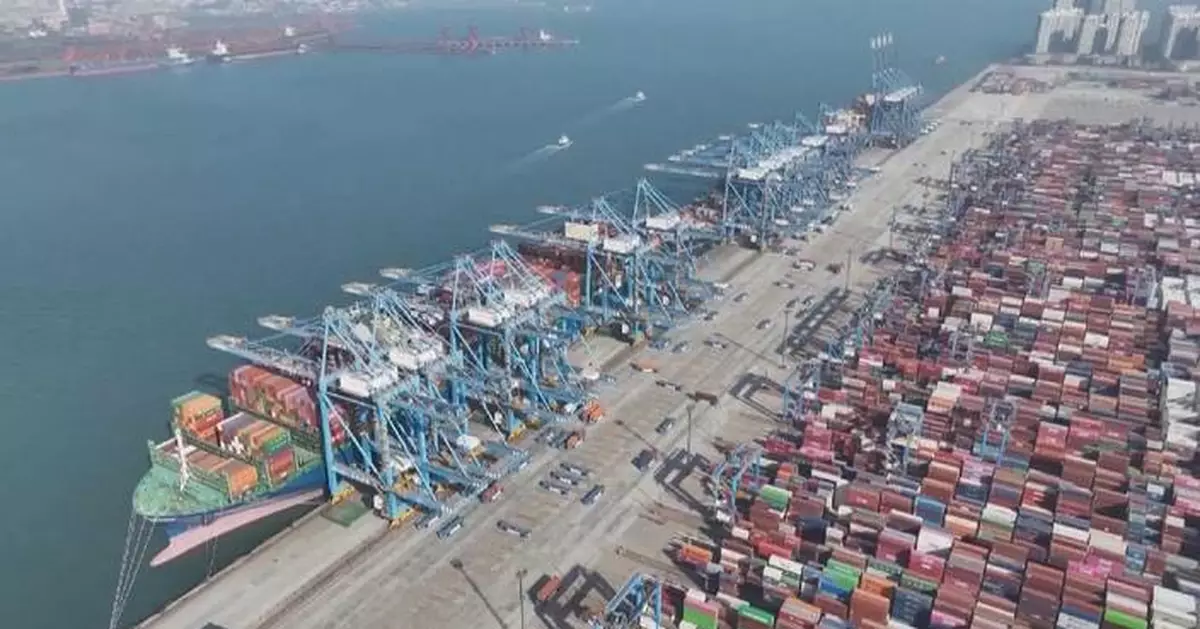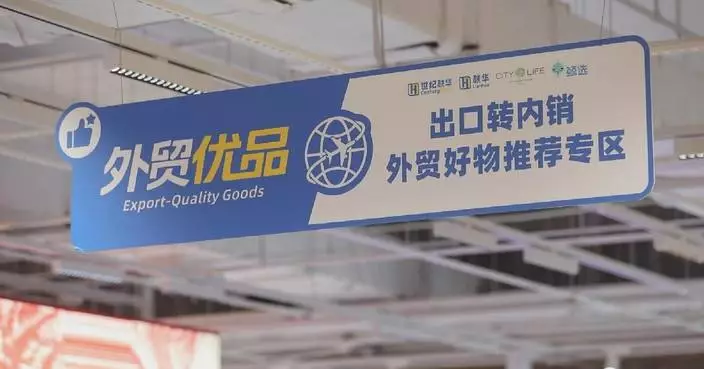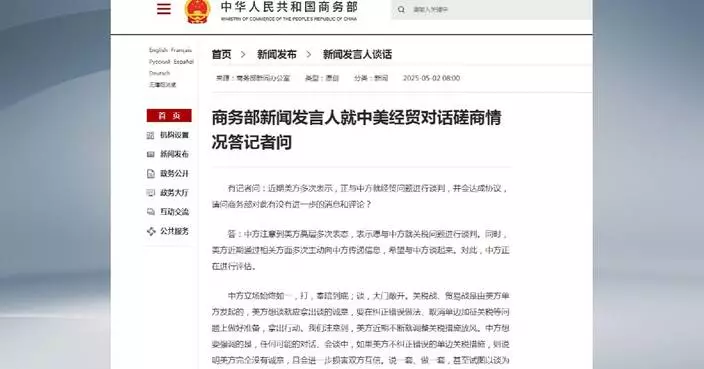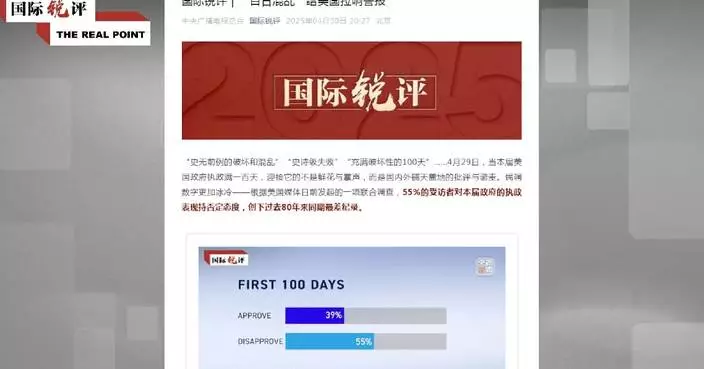China's trade with other Asia-Pacific Economic Cooperation (APEC) economies reached a historic high, hitting 21.27 trillion yuan (2.95 trillion U.S. dollars) in the first 10 months of 2024.
According to China Customs, trade with other APEC economies grew by 5.7 percent year on year, out-pacing China's overall trade growth rate by 0.5 percentage points.
Among those, China's trade with Vietnam, Peru, Malaysia and Mexico saw a growth rate of 17.4 percent, 16.8 percent, 12.1 percent and 11.7 percent respectively, while trade with China's Hong Kong Special Administrative Region and Taiwan island increased by 11.3 percent and 11 percent, respectively.
China's exports of intermediate goods to other APEC economies grew by 8.4 percent to 5.56 trillion yuan in the first 10 months, accounting for 45.4 percent of its total exports to other APEC economies.
Export of intermediate goods of electronic components, auto parts, accessories for automatic data processing equipment and flat panel display modules registered notable growth of 17.3 percent, 8 percent, 24.8 percent and 24 percent respectively.
During the same period, China also exported a large amount of consumer goods to other APEC economies. For example, textile and apparel exports totaled 906.88 billion yuan, up 3.9 percent; fruit and vegetable exports reached 92.87 billion yuan, up 10.6 percent; furniture and television exports amounted to 181.85 billion yuan, an 8.9 percent increase; and passenger vehicle exports reached 212.35 billion yuan, a sharp growth of 21.6 percent.
In the first ten months, China imported 7.23 trillion yuan worth of intermediate goods from other APEC economies, an increase of 3.5 percent, accounting for 80.2 percent of China's total imports from other APEC economies. Specifically, imports of electromachinery amounted to 2.88 trillion yuan, a growth of 9.6 percent; energy products reached 1.15 trillion yuan, an increase of 6.6 percent; and metal ores totaled 945.1 billion yuan, a growth of 6.4 percent.
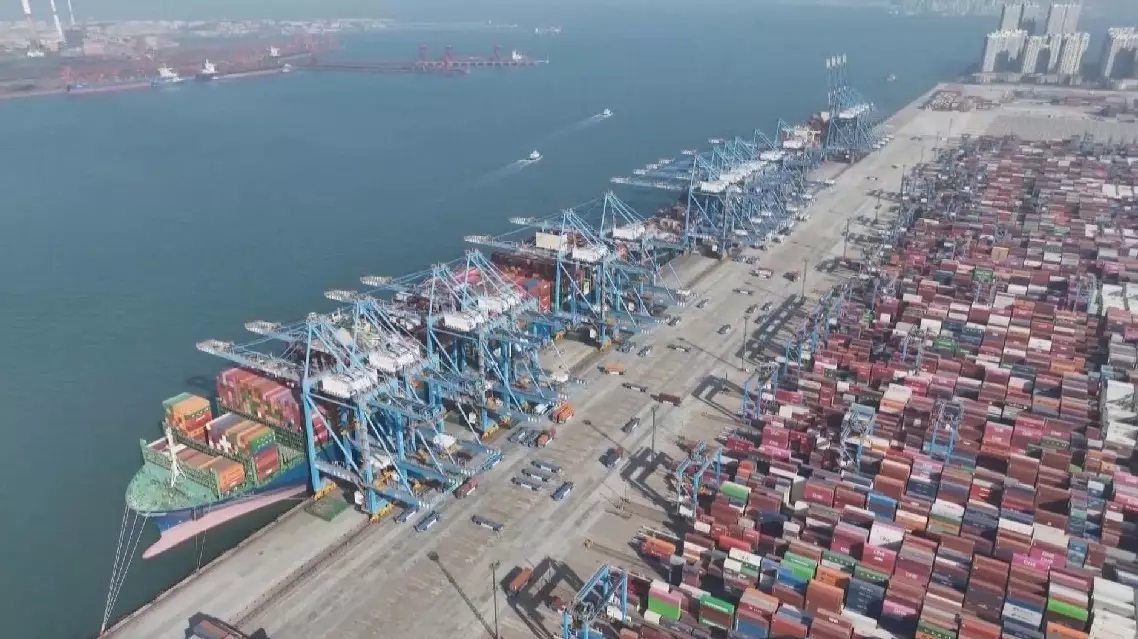
Trade between China, other APEC economies sets new record in Jan-Oct period
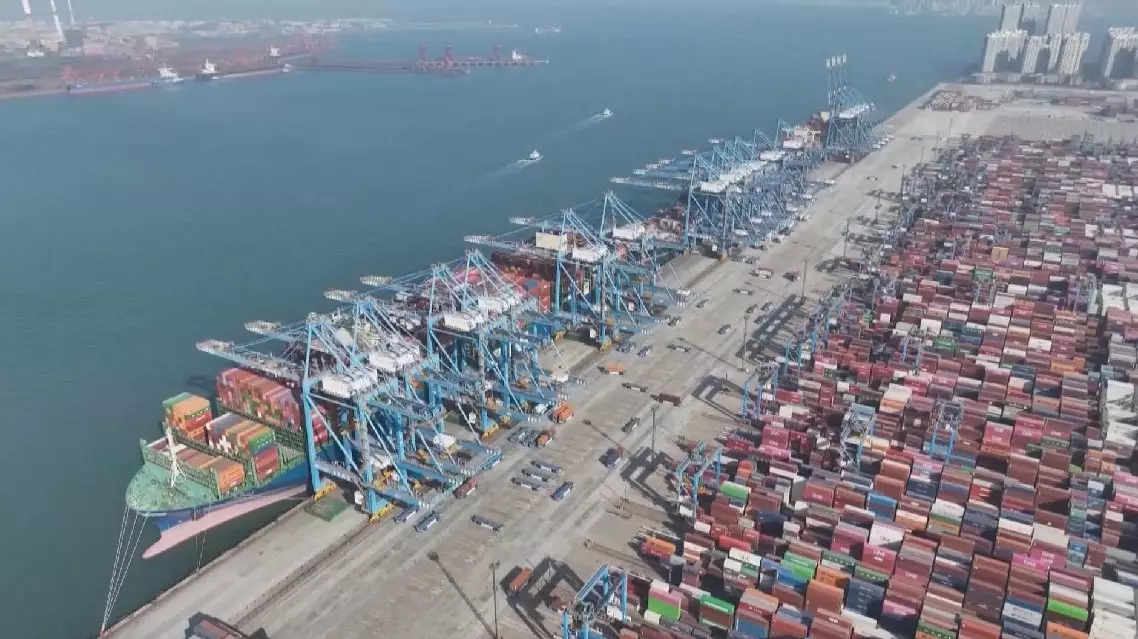
Trade between China, other APEC economies sets new record in Jan-Oct period
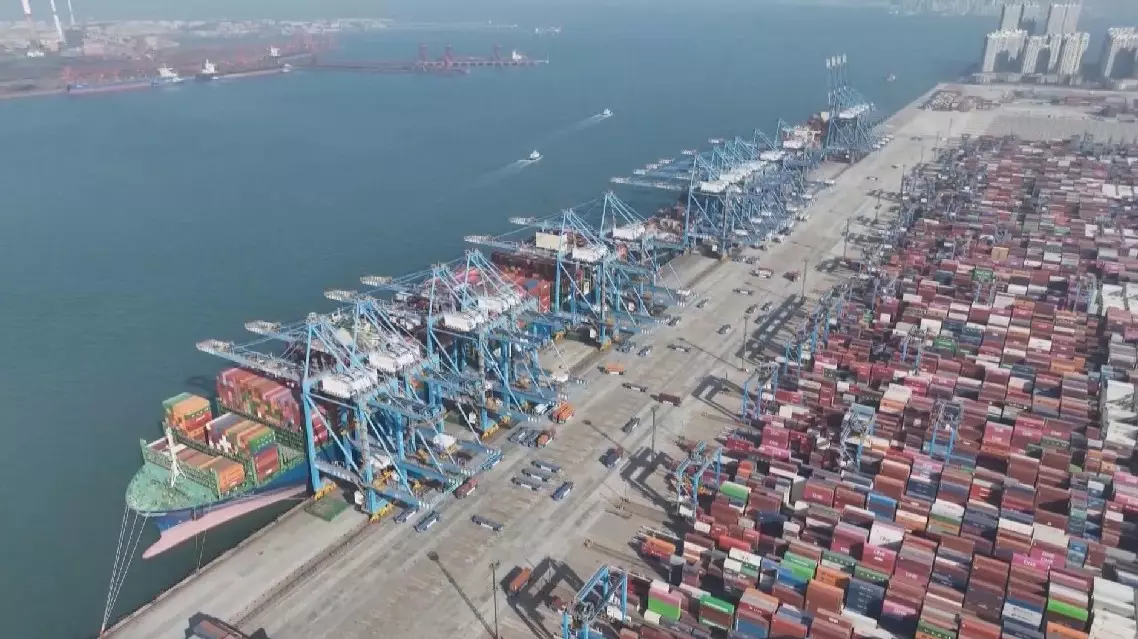
Trade between China, other APEC economies sets new record in Jan-Oct period


